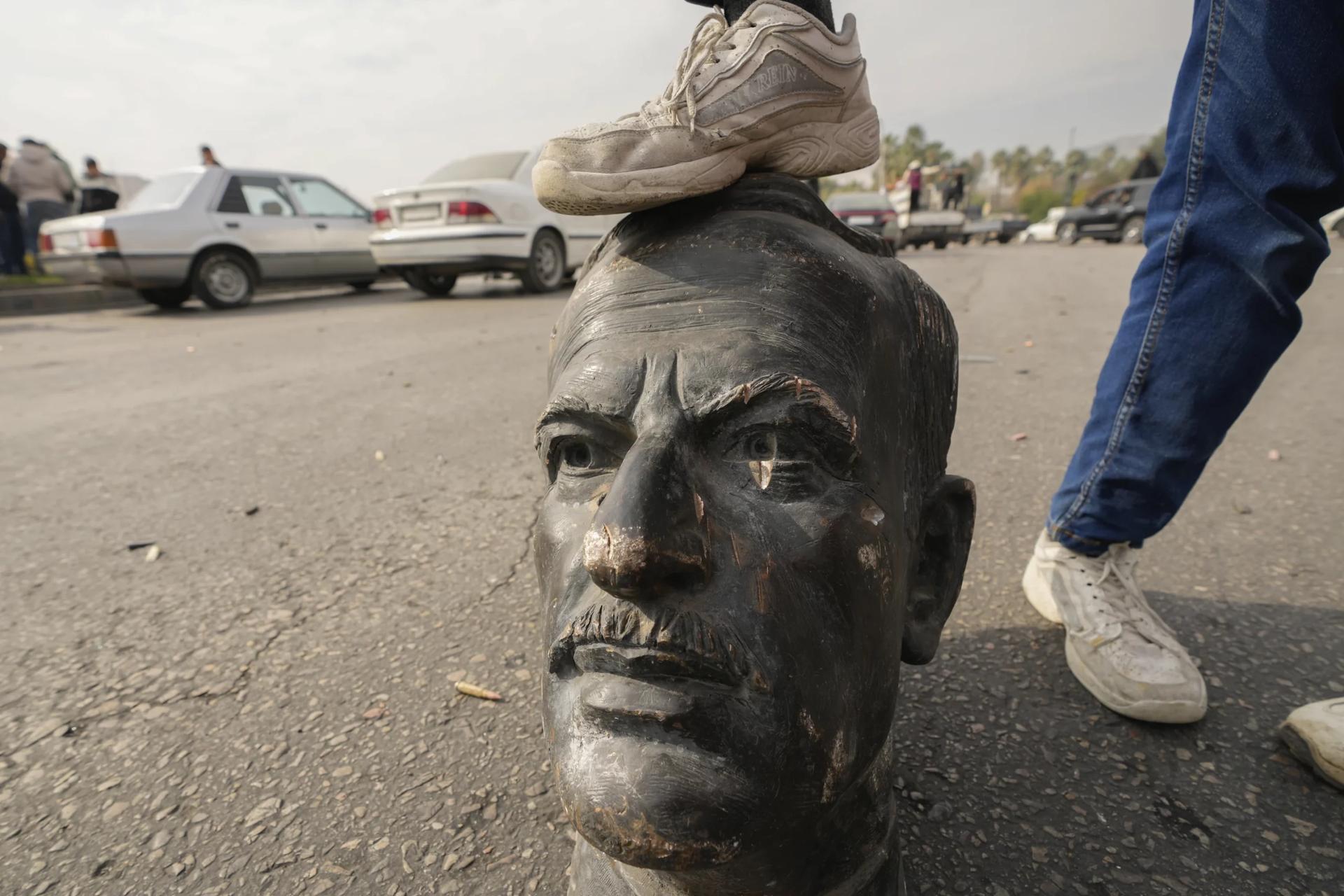SÃO PAULO, Brazil – The regime change in Syria, which surprised many in the West due to the fast takeover of Damascus by rebels, was also unexpected for most people in the Middle Eastern nation.
Argentinian-born Father Hugo Alaniz lives in Aleppo and sees some reasons for hope, despite the fact many Christians are fearful of the Islamist groups.
The rebels had been continuously moving and battles were frequent, he said, scaring the Christian minority.
After several years of a steady deterioration of living conditions in the country under the dictatorship of Bashar al-Assad, the situation is catastrophic in humanitarian terms, Alaniz said, who is a member of an Argentine congregation named Institute of the Incarnate Word.
“I’ve been living and working in Aleppo for seven years. In 2023, we faced an earthquake here. But this year’s earthquake is stronger,” Alaniz told Crux.
He has been head of the Church of Our Lady of the Annunciation since 2017, after working for several years in Jordan and other Arab countries.
Argentina’s Foreign Ministry told its citizens not to travel to Syria after Al-Assad’s fall. Argentinians who are in the country were told to leave it as soon as possible. Alaniz refused to do so and talked to the Argentine ambassador Sebastián Zavalla by phone, explaining to him it’s not the time for missionaries to abandon their communities.
“In 2012, 2013, insurgent groups targeted Christians and other minorities in some regions. So, many people now feared that something like that could happen again and left their houses,” he explained.
The Church became an informal shelter for 250 people, according to the Spanish-language news website Infobae. Due to the armed conflict, shops were closed for many days and some parishioners had been without food for five days. Alaniz and his co-workers visited a number of houses and distributed food kits to the people in need.
Hay’at Tahrir al-Sham (Organization for the Liberation of the Levant, or HTS), the insurgent group now ruling Syrians, is formed by Sunni militants and led by former member of Al Qaeda Abu Mohammed al-Julani. Despite cutting ties with Al Qaeda in 2016, al-Julani is still seen with suspicion by the West. The United States government considers HTS a terrorist organization.
On Dec. 9, Alaniz and other religious leaders managed to have an audience with members of the new government in Aleppo. The group, formed by Evangelical pastors, Orthodox bishops, and Catholics, was told by the HTS that no church will be closed, and that Christians will be respected.
“They said that minorities will be treated well. Women will not be obliged to wear a hijab. The days off will be Thursdays and Fridays, but for Christian children they will remain Saturdays and Sundays,” Alaniz said.
The fears of many Christians are not unfounded. After facing religious persecution at the beginning of the Syrian Civil war that started in 2011, they have been dealing with a number of difficulties.
“Many Christian families sold all they had and left the country, so their sons could avoid compulsory military service, which takes eight years,” Alaniz said.
He also saw his parishioners facing generalized poverty for many years.
“A four-member family needs at least $350 each month. But a policeman or a teacher makes only $20 a month,” he said. According to the United Nations, over 90 percent of Syrians live below the poverty line, and more than half of the population faces acute food insecurity.
“The previous government lost control over the country’s petrol during the war, so we just have electricity for 2 hours a day,” Alaniz said. The water provision is also frequently cut.
His church has been providing support to many parishioners over the past years. Classes are offered to support children and help them not abandon school. University students in need can live at a lodge provided by the parish. Food kits are continually distributed.
Every kind of relief action has been difficult to promote in Syria due to the embargo imposed by the West. Nobody knows when the restrictions against Al-Assad may be lifted.
“If my mother wanted to send me money, her remittance would be blocked. So, it’s not an easy situation,” Alaniz explained.
He has been feeling, however, that the situation may become more peaceful, now that the new government is establishing itself.
“They apparently have good intentions. They told us that they will rule for the minorities. I hope so,” he said.
People who want to help the Aleppo Catholic community can reach out for the priest direct through email: hugoalaniz@ive.org














